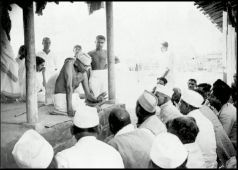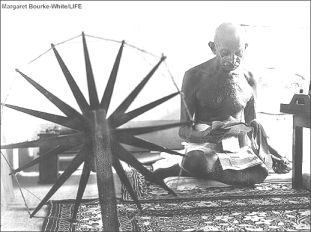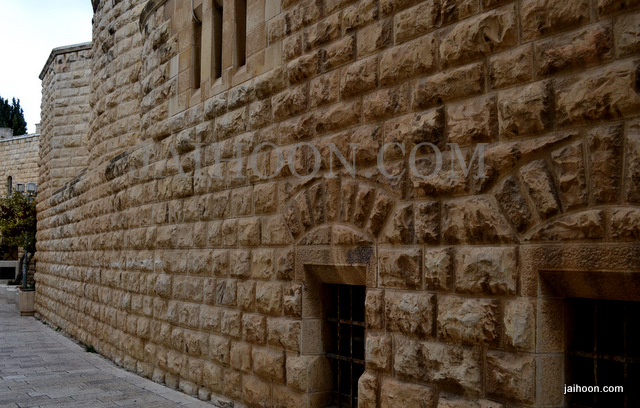Source: MadhyamamOnline, http://www.madhyamamonline.in/news_archive_details.asp?id=4&nid=87590&dt=1/31/2006
(Kollam, Kerala:) “The partition of India could have been avoided, had leaders including Nehru accepted Gandhi?s wish to make Mohammed Ali Jinnah as the Prime Minister of India” said 
Venkata Kalyanam, the personal assistant of Gandhi.
He was speaking at the ?Meet the Press? program organized by the Press Club. ?Predicting there be communal violence in the wake of Partition, he knew that making Jinnah the Prime Minister of the country was the only solution. But this was not acceptable for the majority of Hindu leaders within Congress. Nehru, who realized he would never get a chance to be in the post if the young Jinnah would become the PM, also did not support the opinion of the Father of Nation. Gandhi had said Nehru to be the private secretary of the Prime Minister, and not the Prime Minister himself. He also expressed his desire that a farmer should reach such a position. (of Prime Minster) .
Had Jinnah been the prime Minster and the Partition were averted, the people of India would be living today in peace.
The politicians were destroying the post-partition India. Corruption and moral decay can be seen anywhere. The parliamentarians are living in luxury. A peaceful revolution is required against this.?
After the death of Gandhiji, Venkata Kalyanam left his residence in Delhi and is presently settled at Chennai.
Partition would have been averted, if Nehru heeded to Gandhi’s choice of Jinnah
Some facts : The story untold
It has been found that Teak wood has been used in the making of Moon Athur Temple and the palace of Nebuchadnezzar (605-562 BC). In those days, Teak was available in plenty for export only in Kerala.
Jewish religious texts have references to the perfumes of Kerala. The Cinnamon was used in their religious ceremonies.
Elliot’s history Vol. II, says that around 10,000 horses were imported to Kerala from Arabia during the rule of first Caliph of Islam, Abu Bakr As- Siddiq.
It was a group of 40 Indian Muslims who guarded the treasury of Basra during the reign of Caliph Ali, the fourth Caliph of Islam.
Ibn Khallikan writes that the mother of Zainul Abideen, Imam Hussein’s son, was of Indian origin. (Introduction to Arab Account of India by Muhammad Zaki.)
S.S. Nadwi says that South India was the abode of Arabs long before they settled in parts of North India. (Muslim colonies in India, Muslim Conquests, and Islamic Culture Vol. VIII)
Summarized from Kerala Muslims – History of freedom struggle by KM Bahaudhin.
What the Arabs called Malabar
Al Idrisi (AD 1100-1166), a well-known geographer, refers to Malabar as Malay in Kitabunnashathul Mushthaq.
Abul Fida, calls the land as Malibar.
Ibn Batutah, the tireless traveler, called it Mulaibar.
Al Beruni and others have called it Malabar as known today
Importance of heterodoxy in scientific advancement
History is not only itself an enterprise of knowledge, its domain of study incorporates all other enterprises of knowledge, including the history of sciences


